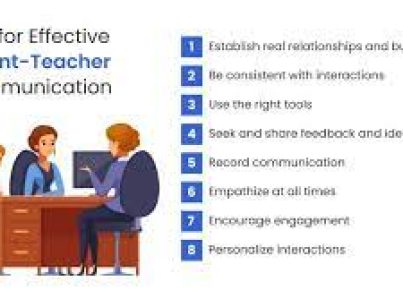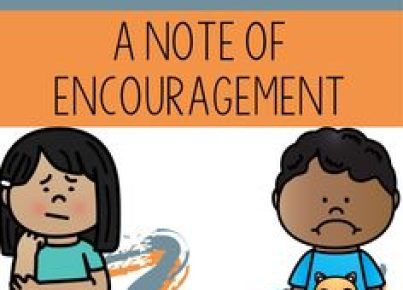Introduction:
Effective communication between parents and teachers is vital for the success and well-being of students. The exchange of information and ideas fosters a healthy learning environment that is beneficial for all parties involved. Email is a common means of communication – accessible, efficient, and convenient for both parents and teachers. However, there are certain phrases and behaviors that should be avoided in emails to maintain a respectful and cooperative relationship.
1. “You obviously don’t care about my child.”
Jumping to conclusions about a teacher’s dedication or intentions can cause unnecessary tension. Assume positive intent and remember that teachers are professionals who want the best for their students.
2. “Why did you give my child a bad grade?”
Asking questions in a blaming or accusatory manner can be counterproductive. Instead, ask for clarification on the specific areas where your child struggled and what they can do to improve.
3. “I don’t have time for this.”
While everyone has busy lives, it’s important to be respectful of each other’s time and appreciate the effort put into resolving any issues or providing necessary information.
4. “My child would never do/say that.”
Avoid making sweeping, definitive statements about your child’s behavior without gathering all the relevant information from the teacher. Keep in mind that children may behave differently in different settings.
5. “This homework/project is ridiculous.”
Criticizing assignments without understanding their purpose or rationale may come across as dismissive or disrespectful. Instead, ask for clarification on the learning objectives and how they tie into the curriculum.
6. Overt Comparisons:
It’s not advisable to directly compare your child with other students in an email, as it may cause unnecessary friction between families or belittle your child’s concerns. Focus on your child’s individual needs, strengths, and areas of improvement.
7. Personal Attacks:
Refrain from making negative comments about the teacher’s personal appearance, family, or other unrelated factors. Stay focused on the matter at hand and maintain a respectful tone throughout the conversation.
8. Using ALL CAPS or excessive punctuation:
Be mindful of your email’s format and avoid using all caps or excessive punctuation, as it may come across as aggressive or shouting. All communication should be polite, clear, and concise.
9. “If this isn’t fixed, I’ll speak to your supervisor.”
Using threatening language can damage relationships and create a hostile atmosphere. Always focus on finding solutions together rather than resorting to intimidation tactics.
Conclusion:
When communicating with teachers via email, maintain a respectful and professional tone, and avoid these nine phrases and behaviors. By fostering open communication and mutual respect, you’ll contribute to a positive learning environment for your child and help make their educational experience more enjoyable and successful for all parties involved.





